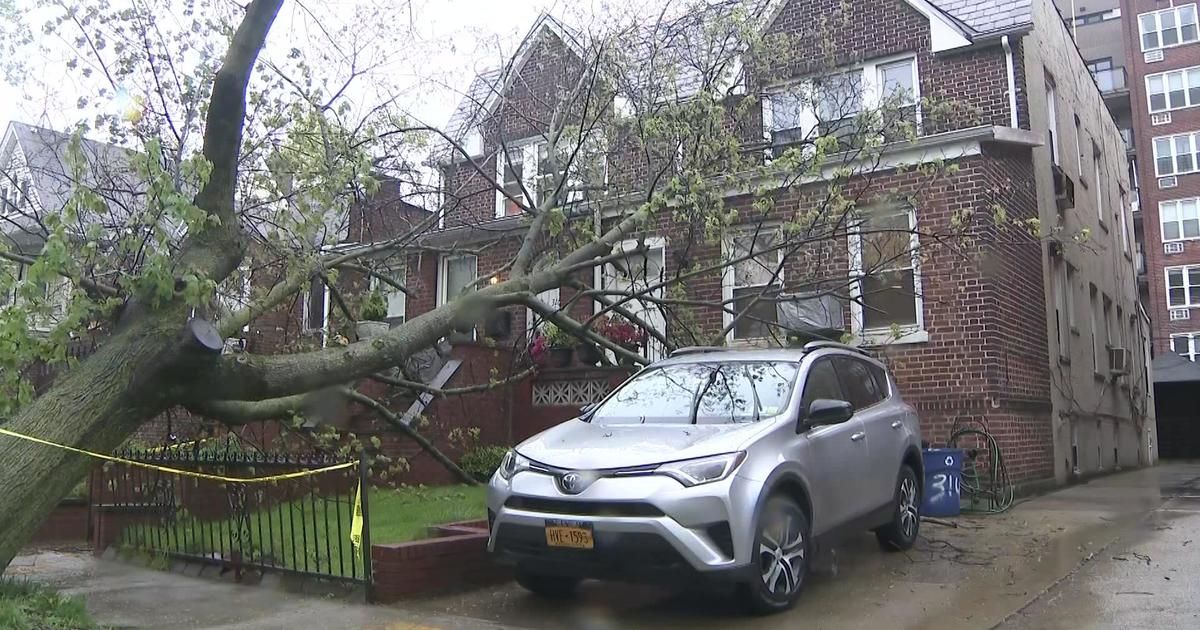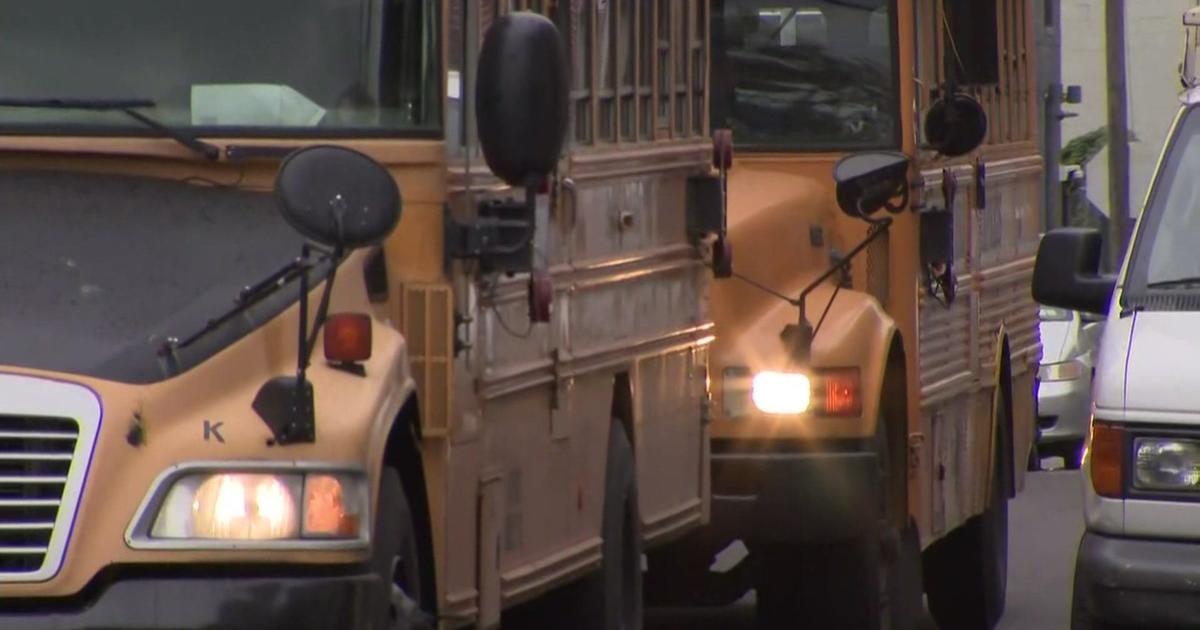Lack Of Acorns, Other Nuts Forcing Black Bears Into N.J. Residential Areas
VERNON, N.J. (CBSNewYork) -- Bear sightings are on the rise in New Jersey. They're roaming residential areas looking for food. Now, state officials are urging people to follow their tips in order to stay safe.
Black bears thrive in the wooded areas of northwest part of the Garden State. But more and more of them are being spotted in local neighborhoods, feasting on whatever they can find.
"They're usually in my backyard or over here. Sometimes there's trash all over the front yard," Vernon resident Jennifer Moscatelli told CBS 2's Elise Finch on Tuesday.
Vernon Township is considered "bear country," so people are used to seeing them. They're also used to safeguarding their property and their trash.
"You need to keep your garbage inside until the morning of garbage day, otherwise you'll end up cleaning up a mess,' resident Ken Marsh said.
An increase in New Jersey's bear population and a decrease in the acorns and other nuts they rely on to bulk them up before the hibernation season are forcing the bears into residential areas at an alarming rate.
"Areas like Denville, Mountain Lakes, Parsippany, Butler, Boonton right now are just being inundated with bears because they're the only place along that corridor along Route 80 that actually has acorns," said Kelcey Burguess of the N.J. Division of Fish & Wildlife. "We're also starting to see a lot of other activity, bears starting to kill livestock, getting into beehives, into corn."
Burguess is the state's black bear project leader. It's his job to temporarily trap and tranquilize bears so he can weigh, test and tag them. He said in addition to bear-proofing garbage containers the state is advising people to:
* Feed outdoor pets during daylight hours only and remove food scraps and bowls immediately.
* Only feed birds from Dec. 1 to April 1 when bears are least active.
* Don't leave food unattended while camping or picnicking.
* Don't place meat or sweet food scraps in compost piles and never feed a black bear. It is dangerous and against the law.
The black bear feeding frenzy will end by late November when hibernation begins, officials said.
Please offer your black bear experiences in the comments section below ...



